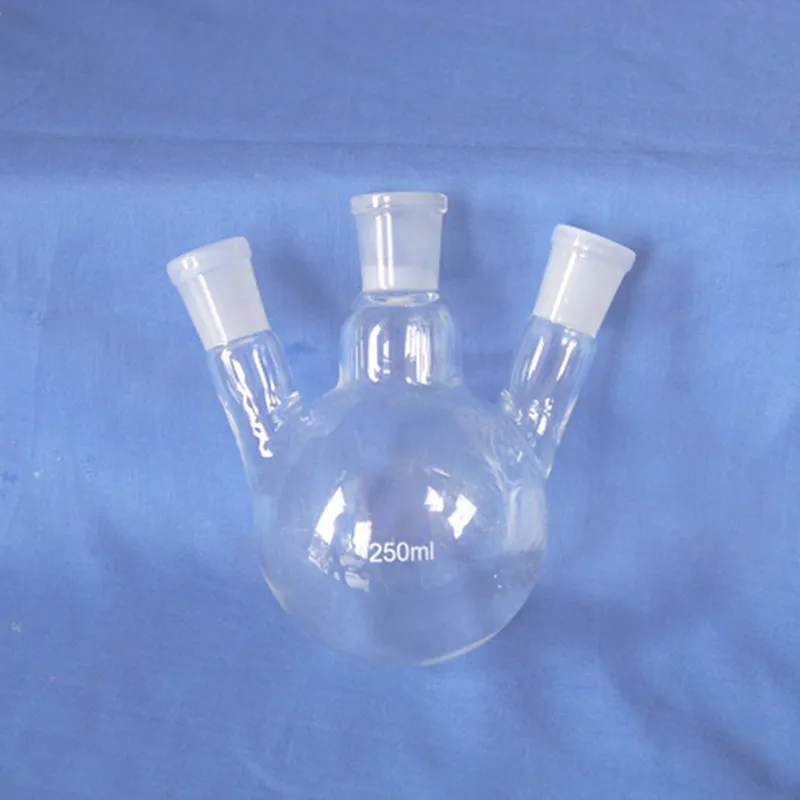
The compound microscopes combines technological innovation and practical design, with distortion-free, clear-quality imaging at every magnification. The mechanical stability and focus precision controls of the compound microscopes ensure accurate specimen positioning. The compound microscopes enhances sample visibility in varying light conditions using a strong illumination system. Optional camera adapters and measuring software are offered to extend its use, making it suitable for various scientific and educational environments.

The compound microscopes has a wide range of professional and academic uses. In biomedical labs, it is used to analyze cell morphology and identify abnormalities. Industrial scientists rely on the compound microscopes in testing product consistency, micro defect detection, and surface characterization. In agriculture, it is used to study plant diseases, seed morphology, and pest interactions. Museums and conservation centers apply the compound microscopes in analyzing artwork materials to ensure proper preservation and restoration of historical works.

The compound microscopes of the future will be to expand its analytical power. Future models will integrate optical accuracy with the enhancement of the computer, creating hybrid devices with real-time analysis functions. Automation will ease routine operations, making laboratory workflow more efficient. The compound microscopes will also be able to integrate cloud-based platforms for real-time sharing of data and remote access. Environment-friendly technology development will yield models that are energy-efficient without sacrificing precision but reduce environmental impact.

To continue functioning optimally, the compound microscopes must be treated to regular maintenance with attention to detail. Clean lenses with soft strokes using microfiber cloths or dedicated wipes. Avoid spraying cleaners directly on the optics. Keep the stage and focus assembly residue and corrosion free. Always shut down when cleaning electrical components. When storing, cover the compound microscopes and place it in a dry, temperature-controlled environment. Periodic service inspections will ensure accurate focusing, smooth operation, and long-term durability.
A compound microscopes is an entry to the micro world, bringing one into contact with structures that characterize life and matter. It works by magnifying specimens through accuracy lenses and management of light, producing good images for research and study. The compound microscopes gives assistance to microbiology, pathology, and materials engineering and other fields of study, enabling close examination and data collection. With features like LED illumination and picture software, it adds more precision, stability, and efficacy to users everywhere.
Q: What are the main parts of a microscope? A: The key components include the eyepiece, objective lenses, stage, focusing knobs, and illumination system, all working together to magnify and clarify specimens. Q: How do you clean the lenses of a microscope? A: Lenses should be cleaned using soft lens paper or microfiber cloth with a small amount of lens cleaner to avoid scratching or damaging optical coatings. Q: What magnification levels can a microscope achieve? A: Depending on the model, a microscope can typically achieve magnifications ranging from 40x to over 1000x for detailed observation of microscopic structures. Q: Why is light adjustment important in a microscope? A: Proper light adjustment ensures accurate contrast and brightness, allowing clear observation without distortion or glare during viewing. Q: Can a microscope be used for educational purposes? A: Yes, microscopes are widely used in classrooms and laboratories to teach students about biology, materials science, and microscopic analysis.
The microscope delivers incredibly sharp images and precise focusing. It’s perfect for both professional lab work and educational use.
We’ve been using this mri machine for several months, and the image clarity is excellent. It’s reliable and easy for our team to operate.
To protect the privacy of our buyers, only public service email domains like Gmail, Yahoo, and MSN will be displayed. Additionally, only a limited portion of the inquiry content will be shown.
Hello, I’m interested in your water bath for laboratory applications. Can you confirm the temperat...
I’d like to inquire about your x-ray machine models. Could you provide the technical datasheet, wa...
E-mail: [email protected]
Tel: +86-731-84176622
+86-731-84136655
Address: Rm.1507,Xinsancheng Plaza. No.58, Renmin Road(E),Changsha,Hunan,China